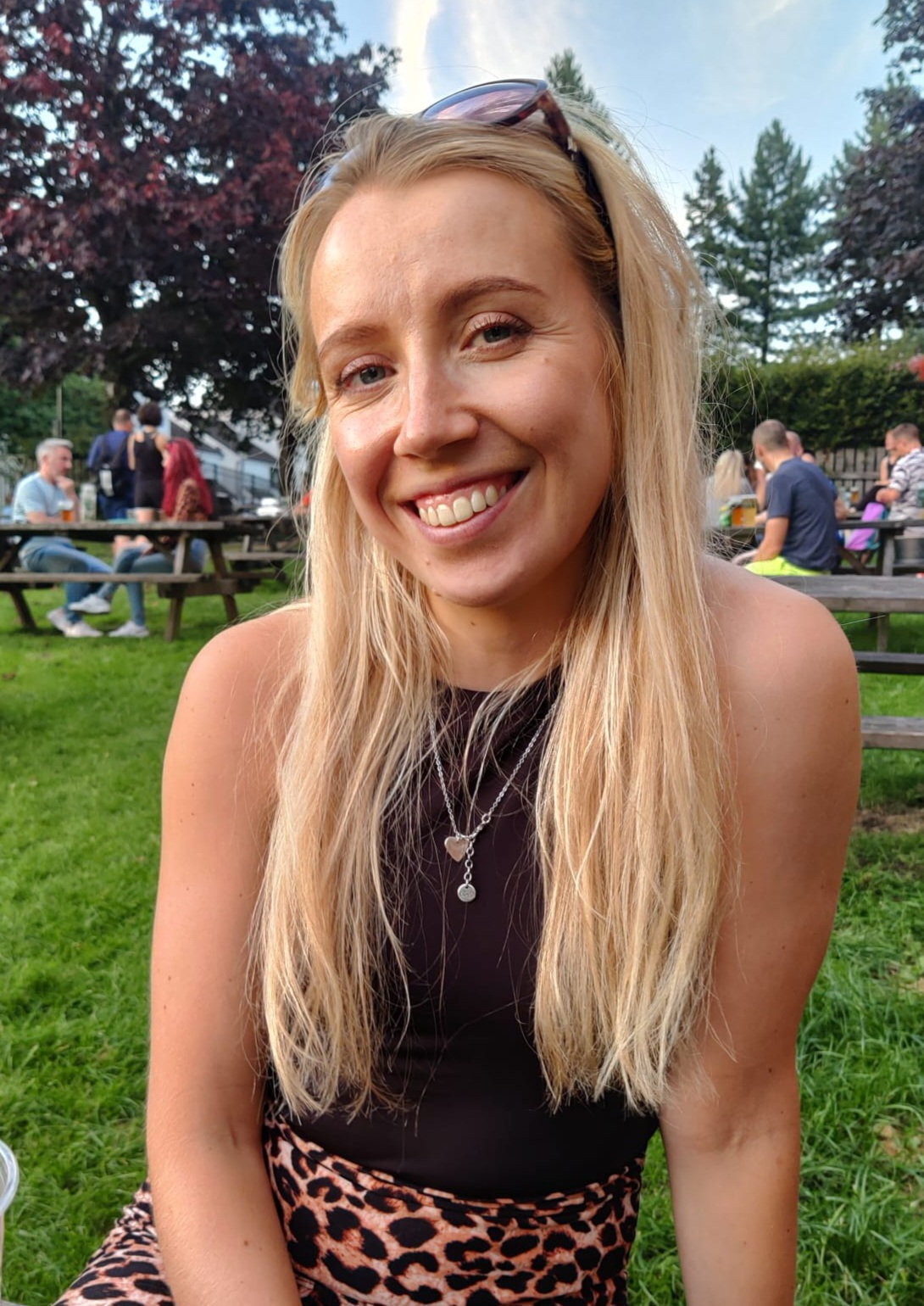
In a healthcare narrative that raises critical questions, a 30-year-old teacher's journey through an aggressive cancer diagnosis unveils systemic shortcomings in medical assessments. Beth Ferguson's experience sheds light on the complexities of early detection and treatment, prompting a deeper analysis of diagnostic practices within the healthcare system.
Diagnostic Dilemmas: Unpacking Assumptions in Young Patients
Beth's encounter with dismissive medical advice highlights broader challenges in recognising atypical symptoms in young individuals. How do prevailing norms in diagnosing medical conditions affect the outcomes for patients like Beth, whose experiences challenge conventional wisdom?
The Human Impact: Navigating Health, Illness, and Identity
Beth's resilience in the face of unexpected illness unveils the profound impact of health crises on personal narratives and identities. How does the intersection of health, illness, and personal aspirations shape individuals' perceptions of themselves and their futures?
Empowering Research: Transforming Treatment Landscapes for Triple Negative Cancer
Beth's advocacy for targeted research into triple negative breast cancer underscores the urgency of advancing treatment options for historically challenging cancer subtypes. How can initiatives like the research supported by Breast Cancer Now and Secondary1st pave the way for more effective therapies and improved outcomes for patients?

Professor Seth Coffelt's innovative research at the University of Glasgow represents a crucial step towards enhancing our understanding of immune responses in combating aggressive cancers. By delving into the complexities of triple negative breast cancer, how can researchers unlock new possibilities for tailored treatment approaches?
Future Horizons: Nurturing Hope and Progress in Cancer Care
Beth's journey from diagnosis to remission resonates as a testament to resilience and the transformative power of research-driven healthcare. As we celebrate the victories in Beth's story, how can we collectively address the systemic gaps and biases that may hinder timely and accurate diagnoses for others in similar situations?
Ultimately, Beth's experience underscores the importance of comprehensive, inclusive healthcare practices that remain vigilant to the diverse manifestations of illness, particularly in younger demographics. Her advocacy for research and targeted therapies signals a hopeful path towards a more equitable and effective cancer care landscape for all.






